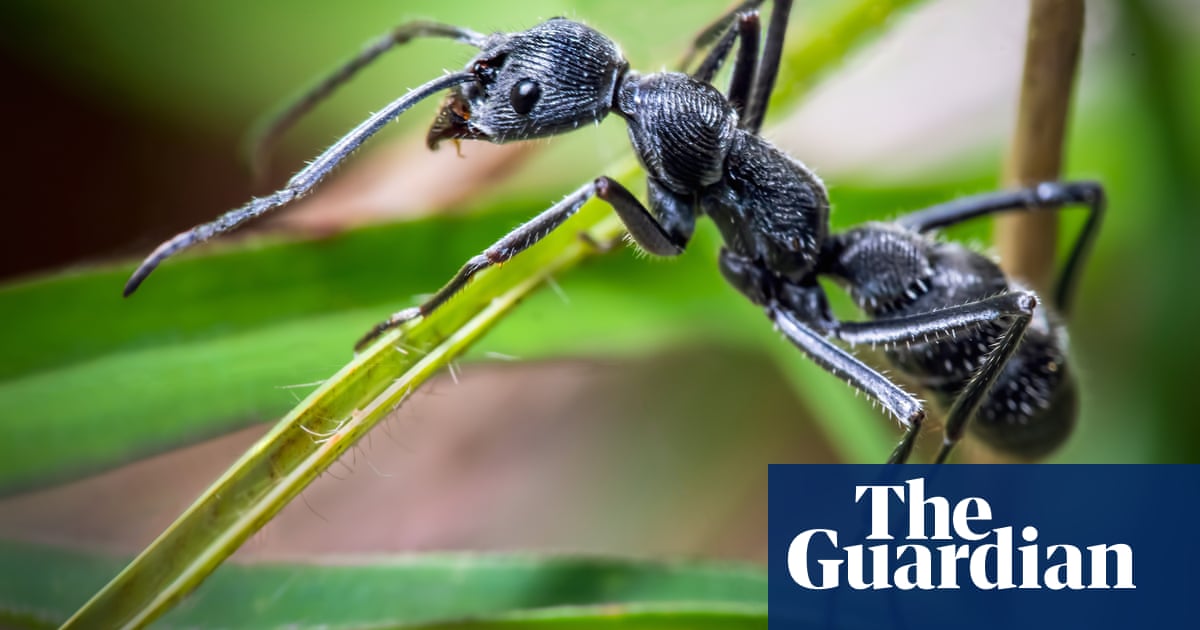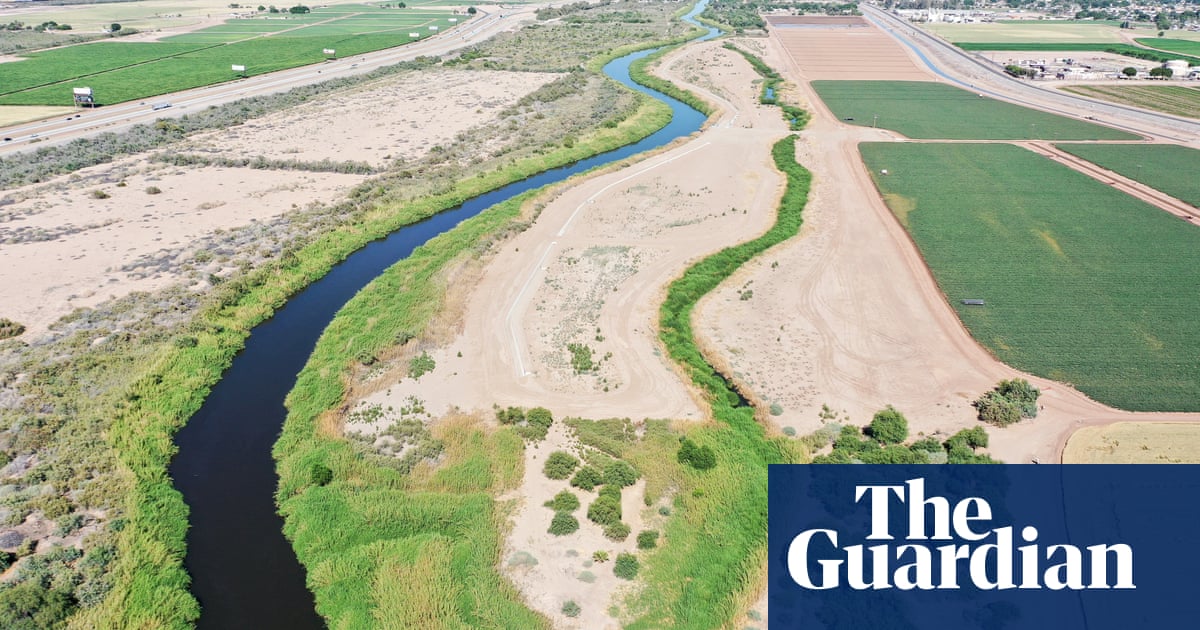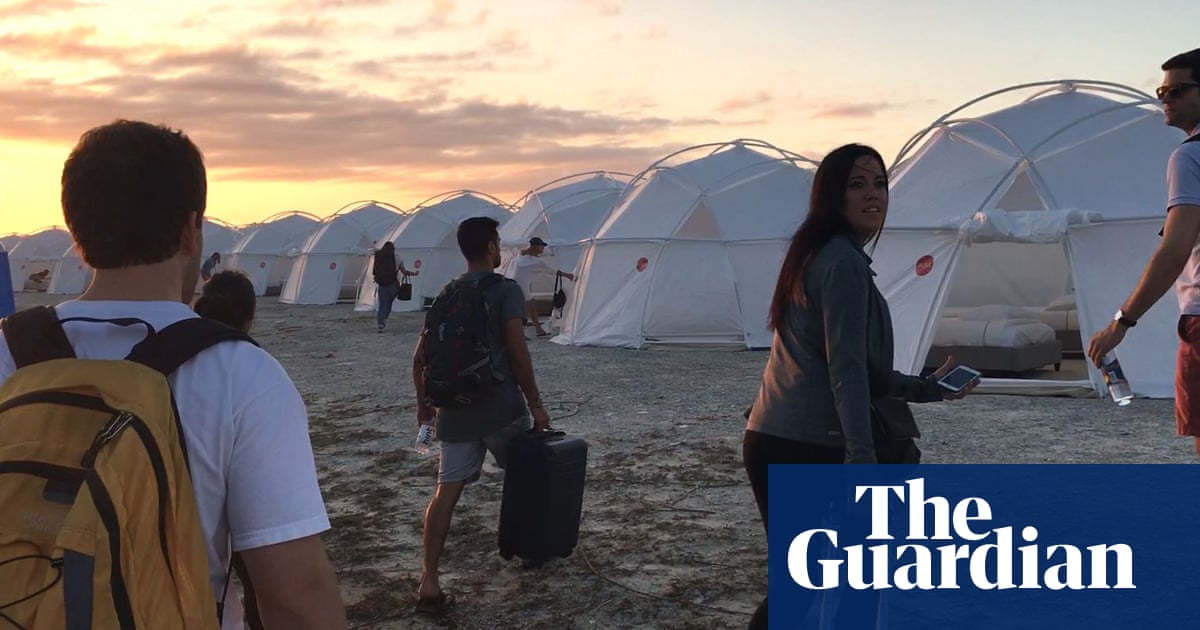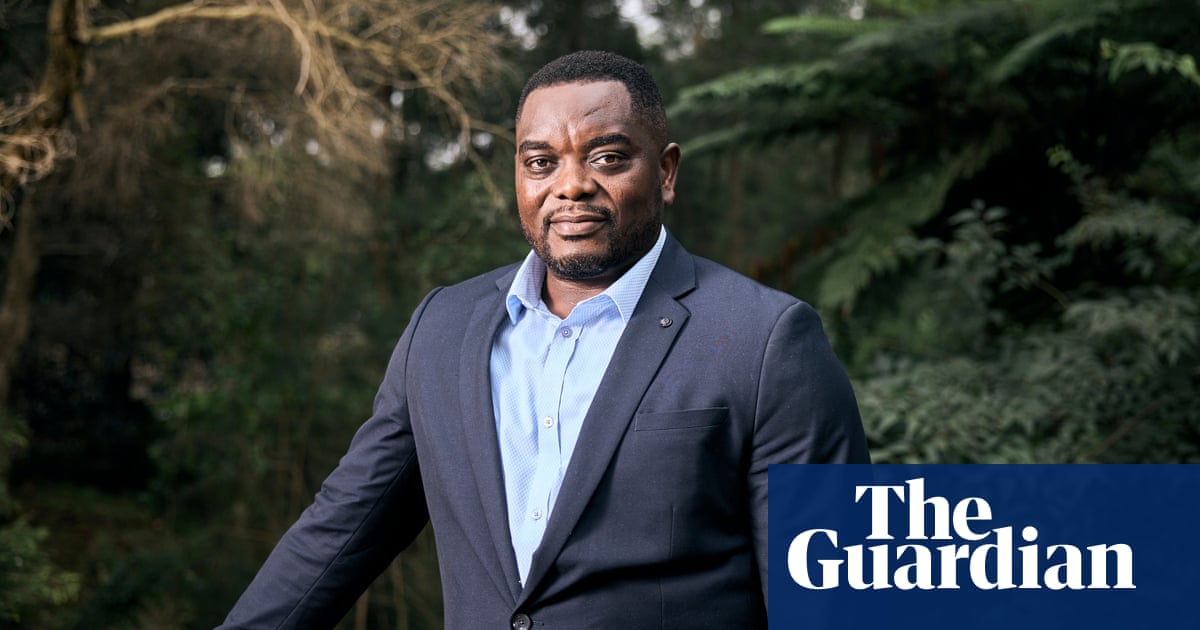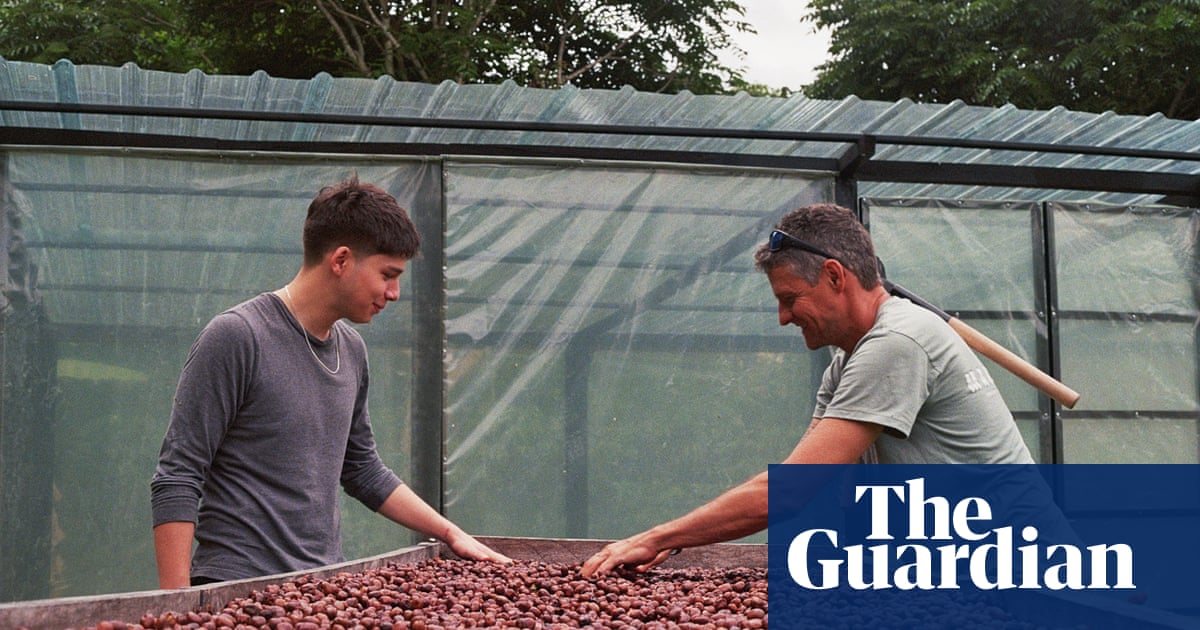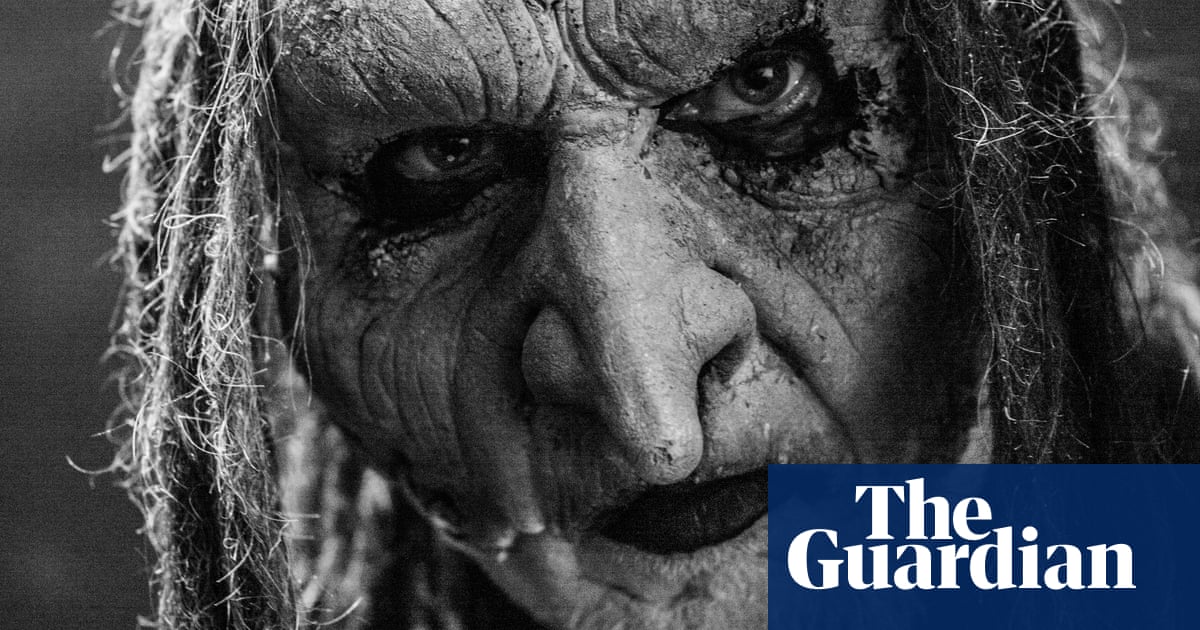How should one write about death – not as experienced by those who merely witness it, but by the people doing the actual dying? Many attempts have been made, but some favourites barge to the front. In The Death of Ivan Ilyich, Leo Tolstoy terrifies both us and his eponymous magistrate with the “black sack” into which Ivan is being pushed by “an invisible, invincible force”. In Tobias Wolff’s Bullet in the Brain, a book critic is shot by a bank robber, triggering “a crackling chain of ion transports and neurotransmission” that throws up a random memory of a childhood game of baseball.
Will Self, in The North London Book of the Dead, looks beyond the moment of oblivion, suggesting that when we die we move to Crouch End or Grays Thurrock. In Immortality by Milan Kundera, the “other world” is a place where Goethe, out for a stroll, can bump into Hemingway. After the two men spend a bit of time discussing the rather judicial-sounding affairs of the afterlife, Goethe remembers he is in a postmodern novel and remarks, “You know perfectly well that at this moment we are but the frivolous fantasy of a novelist who lets us say things we would probably never say on our own.”
Jon Fosse, who last year was awarded the Nobel prize in literature, has done both the Ivan Ilyich moment of death – “a ball of blue light shoots into my forehead and bursts” (I won’t say which book, and character, this line brings to an end) – and what follows. His novella Morning and Evening, which was published in Norway in 2000 and is now appearing in the UK for the first time, translated by Damion Searls, pushes and probes at the veil that hangs between this world and the next, and takes us a tantalising distance beyond it.
Its subject is Johannes, whose birth we witness in the book’s opening section. In the much longer second part we meet him again as an old man, a fisher living in near solitude in an island community. His wife, Erna, is dead, and so is his best friend and neighbour, Peter. Johannes had a difficult relationship with his father, Olai, and it seems as if Johannes’s children have had their struggles with him, too. The only person he sees regularly is Signe, the second youngest of his seven children.
The day on which most of the book takes place is both like and unlike any other. Johannes has a smoke, some bread and cheese, a cup of coffee; as is often the case in Fosse’s work, his simple, heavily repetitious prose synchs us, to hypnotic effect, into the time-worn groove of a daily ritual. But the coffee is flavourless, and the cigarette doesn’t satisfy as it should. As the day goes on, it continues to seesaw between normality and strangeness. Johannes’s familiar aches and pains seem to have disappeared, and certain objects in his home have begun to glow, “but the road down to the wharf is still the same old overgrown path it’s always been, and the rocky peaks around him are the same as ever, and the heather is the same, and at home this morning everything was just like before too, he rolled himself a cigarette as usual and made coffee and a slice of bread with some brown cheese, everything this morning was like every morning before”.
It is possible, at a stretch, to read Morning and Evening as the portrait of a failing mind. Johannes doubts his faculties when he sees his friend Peter, who is meant to be dead. Fosse wrings some humour from his unwillingness to clarify matters: “to ask someone something like that, it’s indecent, Johannes thinks”.
Fosse converted to Catholicism in 2012 and his masterpiece, Septology, the seven-novel sequence he published between 2019 and 2021, contains frequent references to the 14th-century Catholic priest and mystic Meister Eckhart. But even in books where the references are less explicit, his writing can be seen to possess a numinous aspect – “mystical realism” is a term he has used to describe it. I found Morning and Evening, which sits at the more supernatural end of his work, less powerful than books such as Melancholy I and II, Aliss at the Fire and Septology; still compelling and rewarding, but not as overpoweringly immersive in the way it moves between the present and the accreted layers of the past.
This is a spiritual book, but Johannes’s journey is one into mystery. The novella is never pious or proselytising; the word heaven does not appear. The closest Fosse comes to cliche is an occasional golden halo. When Johannes presses Peter on what it’s like where they are headed, his friend replies, “It is not good or bad, but it is big and calm and it vibrates a little, and it’s bright, if I had to put it into words, but the words don’t say very much”. Definitely not Crouch End, then, but not clouds and cherubim, either. A place beyond words, and so beyond the reach of this book.

 2 months ago
37
2 months ago
37
